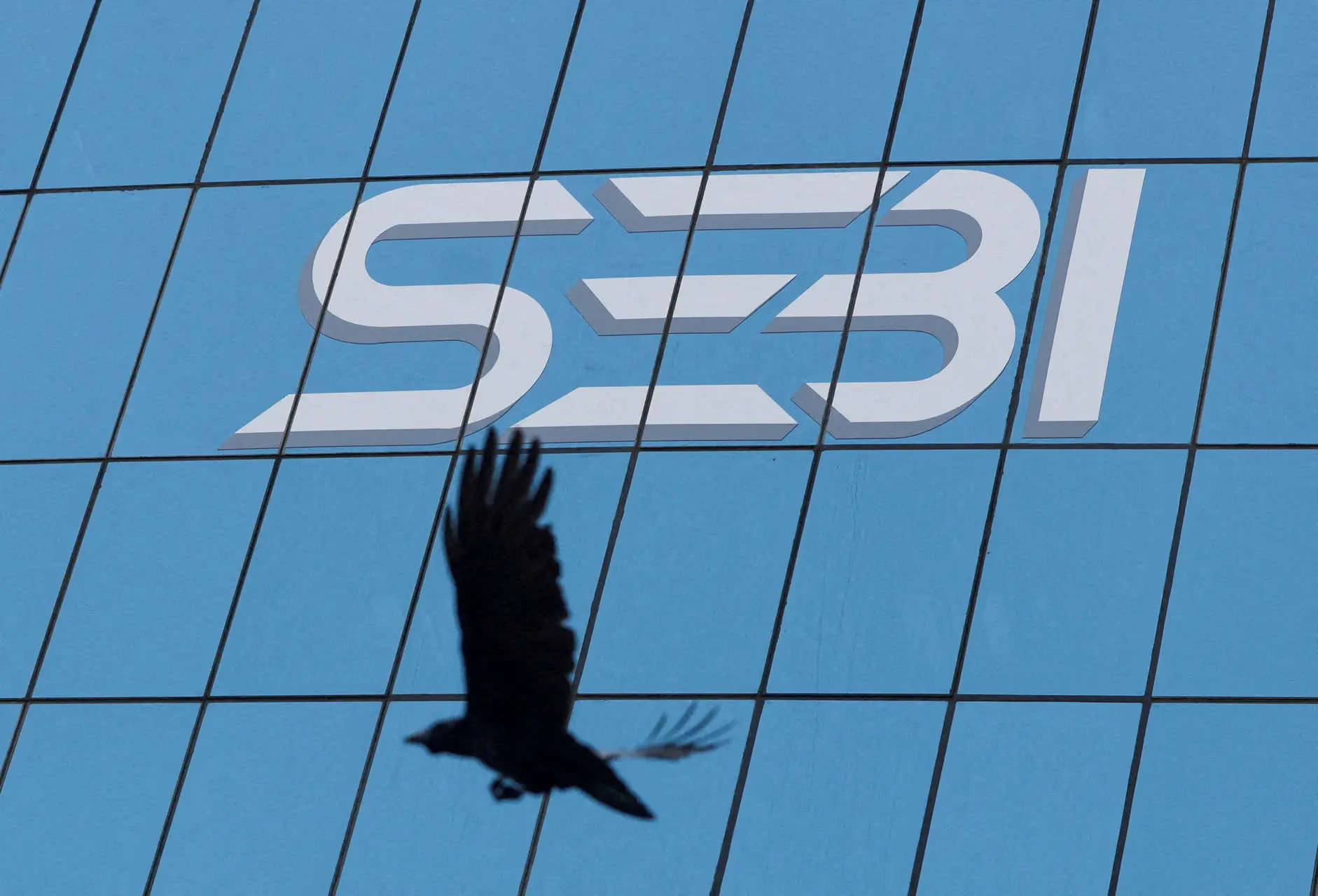[ad_1]
Current Sebi’s LODR (Listing Obligations and Disclosure Requirements) rules allows electronic payments but permits cheques or warrants if electronic transfers fail, especially for amounts over Rs 1,500.
Failures occur when a securityholder’s bank details are incorrect or unavailable, requiring companies to send cheques. According to recent data, 1.29 per cent of electronic dividend payments fail for the top 200 listed companies, Sebi said.
In its consultation paper, the Securities and Exchange Board of India (Sebi) has proposed making all payments, including dividends and interest, in electronic form for both demat and physical securityholders.
Investors would be encouraged to update their correct bank details with depository participants to ensure smooth payments.
Sebi has highlighted several benefits of electronic payments like faster and more convenient than cheques, reduce the risk of loss in transit, are environmentally friendly by reducing paper usage, lower administrative costs for companies, make tracking easier for investors, and help minimise errors. The Securities and Exchange Board of India (Sebi) has sought public comments on the proposal till October 11.
[ad_2]
Source link



